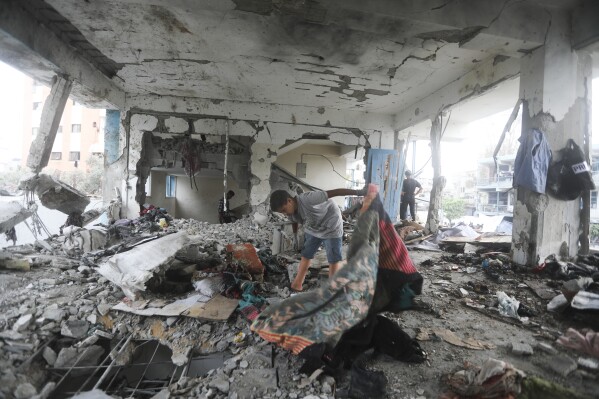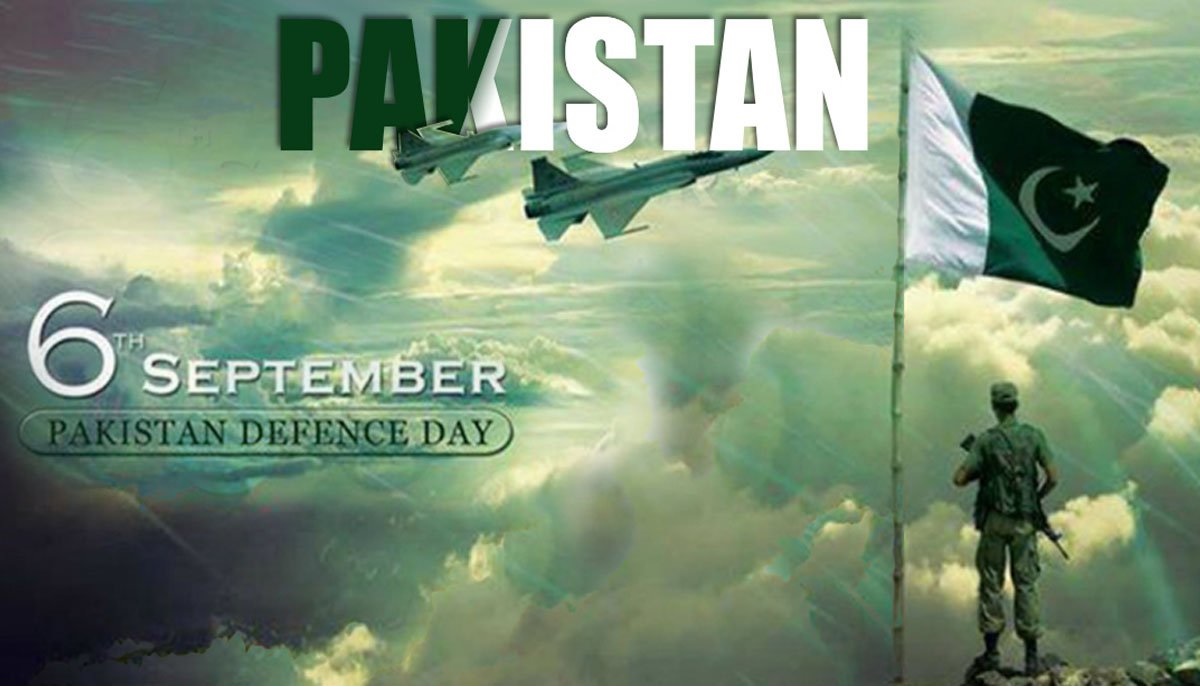The blood of these innocent civilians will bring Israel to account.
Israeli Prime Minister Benjamin Netanyahu, like many of his predecessors, is increasingly associated with a legacy of bloodshed. Over the last 20 months, more than 60,000 Palestinian civilians have been killed under his watch, alongside widespread destruction of homes, schools, hospitals, and mosques in Gaza.
When questioned about the targeting of civilians—particularly women and children—Netanyahu often responds with indifference, seemingly upholding a sense of entitlement, suggesting that any resistance to Israeli expansion is justification for violence.
Despite the rising death tolls, Western governments continue to applaud Israeli leadership. In the United States, Netanyahu receives standing ovations from Congress and generous financial support through American taxpayer money. In Europe, he is lauded as a beacon of democracy, while criticism is stifled in the name of combating extremism. Even Arab states that once stood in solidarity with Palestine are increasingly warming up to normalization with Israel for political gain.
Amid this international climate, Netanyahu extended his military ambitions beyond Gaza, Lebanon, and Syria, launching airstrikes on Iran last Friday. Yet, unlike previous offensives, this move met a different kind of resistance.
READ MORE:
Islamabad Gets Light Rain After Intense Heatwave
Iran, a nation with one of the world’s oldest civilizations and a battle-hardened military, responded immediately. Its history is rich with examples of national unity in the face of foreign aggression—from the battles against Alexander the Great and Arab invaders to the devastating Iran-Iraq war. The Iranian ethos embraces martyrdom for the homeland, and the June 13 Israeli attacks only intensified this collective spirit.
In response to Israel’s bombing of residential, military, and nuclear facilities—attacks that have killed hundreds—Iran struck back with missiles and drones. Israeli leaders initially celebrated their “success,” but the tide shifted quickly as Iranian retaliation exposed the vulnerability of the occupied territories. Tehran has vowed to continue its campaign until Israel’s offensive capabilities are neutralized.
Among Iranians, unity is firm. Despite political differences, the populace has rallied in defense of their nation. “They must utterly destroy that area before they can kill more Iranians,” a Tehran baker told a journalist. “Maybe that way, the entire region can finally live in peace.”
Netanyahu’s miscalculation may have changed the nature of this ongoing conflict. Iran has demonstrated that, unlike previous targets, it is not willing to absorb strikes without response—and is fully prepared to escalate in defense of its sovereignty.




